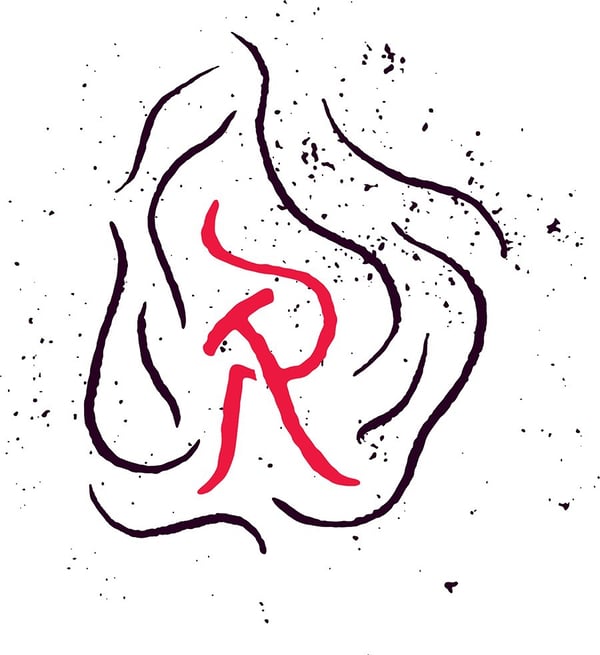On the Correct Handling of Contradictions Among The People
Red Menace
Red Menace
4.9 • 1.2K Ratings
🗓️ 17 July 2025
⏱️ 95 minutes
🧾️ Download transcript
Summary
In this episode of Red Menace, Breht and Alyson dive into Mao Zedong’s pivotal 1957 speech On the Correct Handling of Contradictions Among the People. This foundational text offers insight into Mao’s dialectical approach to politics, particularly in navigating the complex terrain of class struggle within socialist society.
Together they explore Mao’s crucial distinction between antagonistic and non-antagonistic contradictions, and how this distinction can guide revolutionary praxis. The discussion includes an analysis of the “unity–struggle–unity” dialectic, the historical context and lessons of the Hundred Flowers and Hundred Schools campaigns, and the subsequent Anti-Rightist backlash. They also examine Mao’s critique of Han chauvinism and draw parallels to white chauvinism in the contemporary U.S., as well as Mao's position on Tibet and the historical legacy of how that conflict played out, and how it is still weaponized today.
----------------------
Follow, Subscribe, & Learn more about Red Menace & Rev Left Radio: revleftradio.com
Transcript
Click on a timestamp to play from that location
| 0:00.0 | Hello everybody and welcome back to Red Menace. |
| 0:23.9 | All right. |
| 0:24.4 | On today's episode, we are going to be talking about the classic Mao text on the correct handling of contradictions among the people. |
| 0:34.0 | I think a while back, a year, two years, something like that, I did do an episode on this with |
| 0:38.9 | my friend Matthew Furlong in our Dialectic Deep Dive series. We touched on different things, |
| 0:44.3 | and we really use that as an opening to talk about a bunch of other philosophical ideas. |
| 0:49.4 | And this is going to be, I think, more focused on the text in particular. And of course, when I, when I revisit a text or an |
| 0:57.8 | idea or a figure or whatever, I do so without having listened to my previous iteration because I want |
| 1:04.0 | to come to the text fresh and new. And the way this whole discussion is organized, I think, |
| 1:08.7 | is different from that as well. But we'll be covering this text. |
| 1:12.2 | And before we do, I'll toss it over to Allison to kind of give some historical context. |
| 1:17.1 | But importantly, I think what Allison and I want to do is, as always, with these texts, is avoid the specific historical minutia and try to pull out the broad themes that apply to us today and make |
| 1:30.9 | connections to contemporary political struggle. So, you know, while this text is very much in some sense |
| 1:38.4 | of its time and its specificity, it's also universally applicable in its broad sweeps. And so we're going to try to, |
| 1:45.2 | as always, kind of walk that line. We did the same thing with the dialectics of nature episode. |
| 1:49.9 | And I think the episode was all the better for it. But having said that, it is worth contextualizing |
| 1:55.7 | a little bit historically. So, Alison, you want to give people a basic orientation here? |
| 2:01.0 | Yeah. I think that's a good start for like the framework for approaching this text. |
| 2:04.8 | And so I will historicize it somewhat for us. And then we can kind of get into what Mao is doing |
| 2:10.6 | dialectically here, right? So this text was written in 1957 and was, you know, released during kind of the late middle part of the |
| 2:20.7 | Hundred Flowers campaign in China. And so the Hundred Flowers campaign was this period of time |
| 2:26.0 | that went from 1956 to 1957, in which criticism of the party was very explicitly encouraged. |
... |
Transcript will be available on the free plan in 12 days. Upgrade to see the full transcript now.
Disclaimer: The podcast and artwork embedded on this page are from Red Menace, and are the property of its owner and not affiliated with or endorsed by Tapesearch.
Generated transcripts are the property of Red Menace and are distributed freely under the Fair Use doctrine. Transcripts generated by Tapesearch are not guaranteed to be accurate.
Copyright © Tapesearch 2025.

